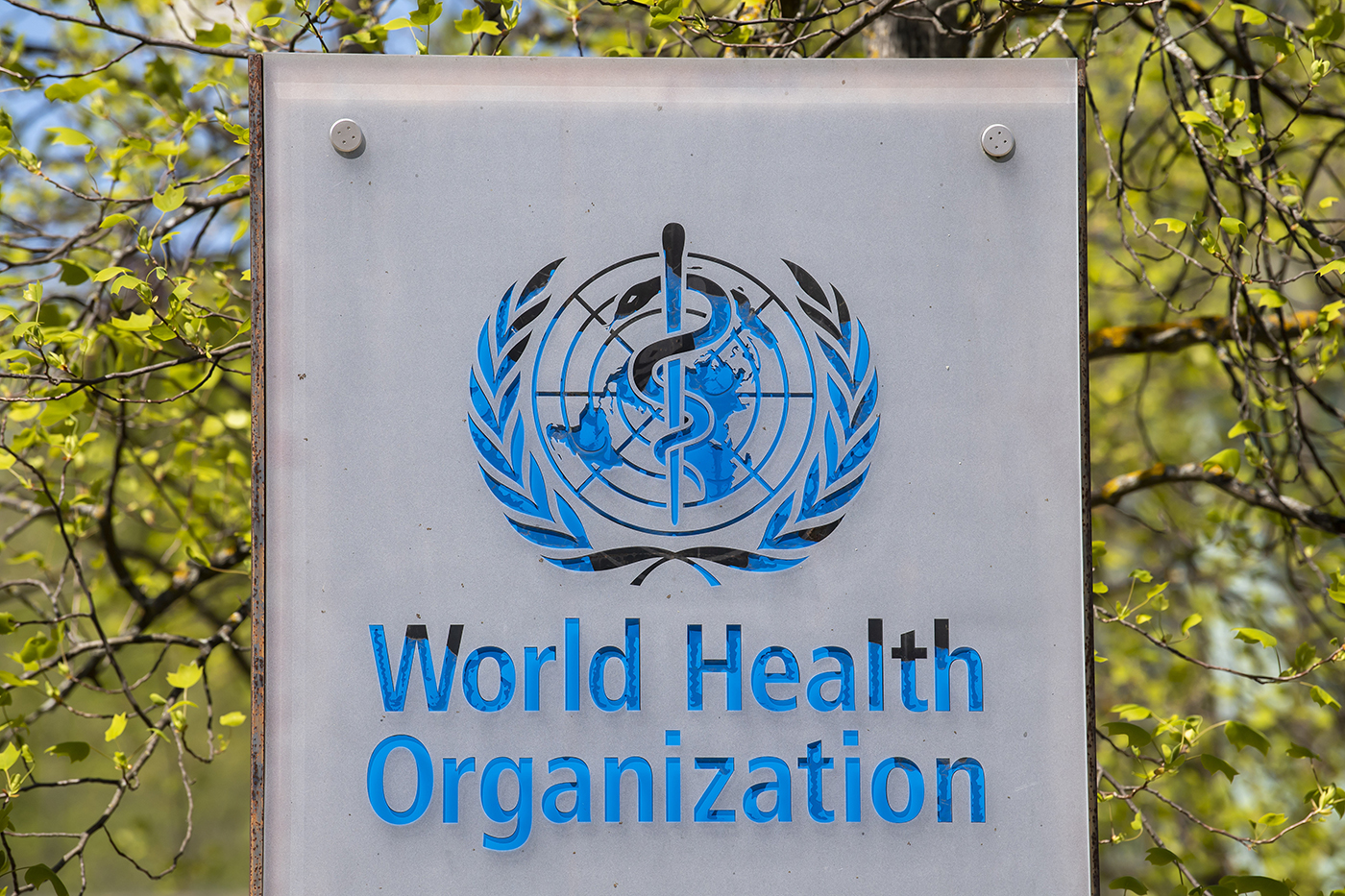Unraveling the Global Health Crisis: How America's WHO Withdrawal Could Reshape Pandemic Response

In a controversial move that sent shockwaves through the global health community, President Trump decisively severed the United States' ties with the World Health Organization (WHO), signing an executive order to withdraw from the international health agency. This unprecedented action came despite the United States being the organization's largest financial contributor, effectively cutting off critical funding during a global pandemic.
The dramatic decision highlighted escalating tensions between the Trump administration and the WHO, which the president had repeatedly criticized for its handling of the COVID-19 outbreak. By pulling out of the organization, the United States signaled a dramatic shift in its approach to international health cooperation, leaving many global health experts stunned and concerned about the potential ripple effects on worldwide disease prevention and response efforts.
The withdrawal not only represented a significant diplomatic break but also raised serious questions about the future of global health coordination and the United States' role in international public health initiatives. Critics argued that the move would potentially undermine collective efforts to combat global health challenges, while supporters of the president viewed it as a necessary step to hold the WHO accountable for what they perceived as mismanagement and bias.
